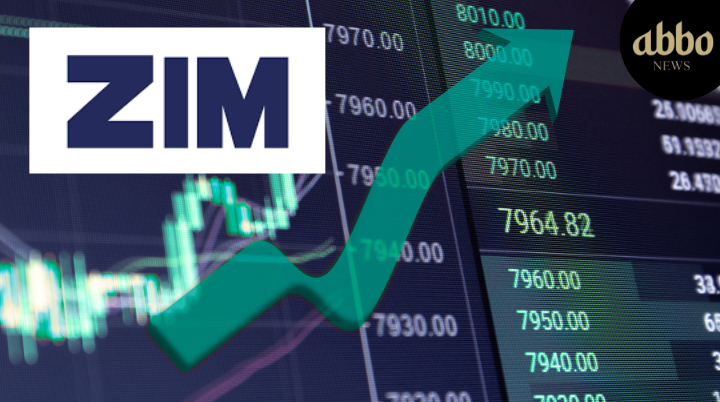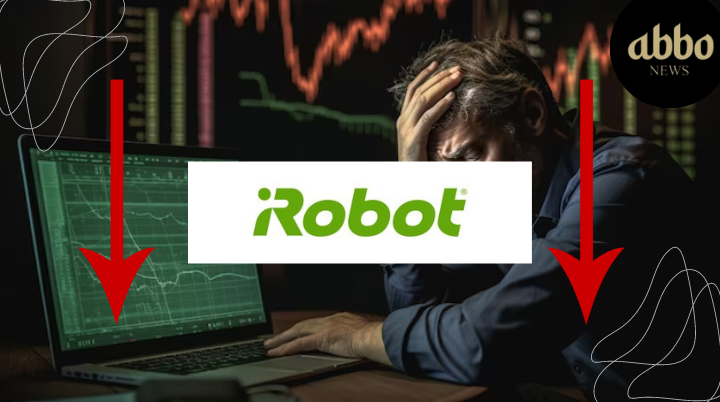WASHINGTON – On Monday, Polestar (NASDAQ: PSNY) said that a proposed Biden administration rule to bar the use of Chinese vehicle hardware and software would “effectively prohibit” the automaker from selling vehicles in the United States, including cars made in the U.S.
The Swedish automaker, a brand of Volvo Cars that is majority-owned by China’s Geely, said in comments filed with the Commerce Department that a proposed rule prohibiting Chinese-connected vehicles on American roads due to national security concerns would bar the sale of vehicles that Polestar is building in South Carolina as well as those produced in China.
Polestar (NASDAQ: PSNY) said a substantial portion of its operations are outside China, while seven of its 10 directors are from Europe or the United States and its CEO is German. Polestar said it has around 2,800 employees globally, with 280 in China.
Commerce “should consider whether a rule that effectively shuts down the operations of a lawfully organized U.S. company with substantial U.S. investments and so many personnel and key decision-making units in friendly nations and the United States is appropriately tailored to address the stated national security concerns,” Polestar said.
The Commerce Department declined to comment.
In May, Reuters reported that four Chinese vehicle models are sold in the U.S., including the Polestar 2 and Volvo’s S90 sedans.
Last month, Commerce told Reuters that General Motors (NYSE: GM) and Ford Motor (NYSE: F) would need to stop importing vehicles to the U.S. from China under the proposed rule.
Ford told Commerce on Monday in comments that the rule could be interpreted “to prohibit the sale of completed connected vehicles by U.S. automakers if those vehicles were assembled within the jurisdiction of a foreign adversary such as by a foreign affiliate of a domestic U.S. automaker.”
Ford said Commerce should clarify that the vehicle import prohibition “does not turn on the place where a connected vehicle’s final assembly happens to occur,” but if it meets software and hardware requirements.
(Source: Reuters)













